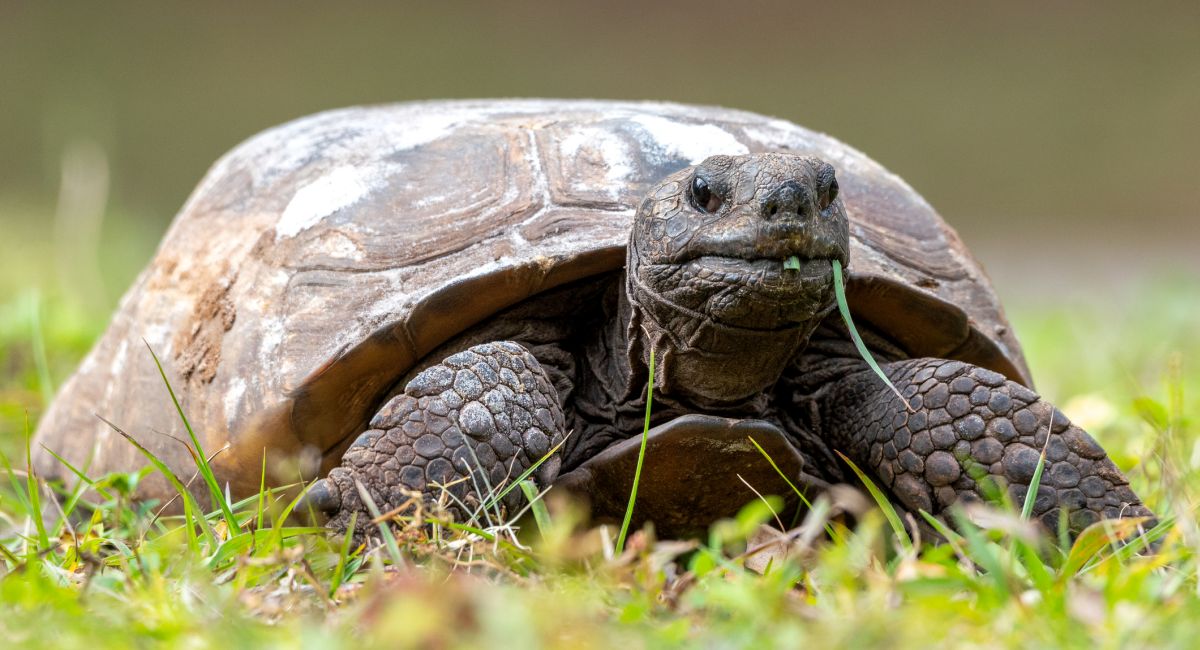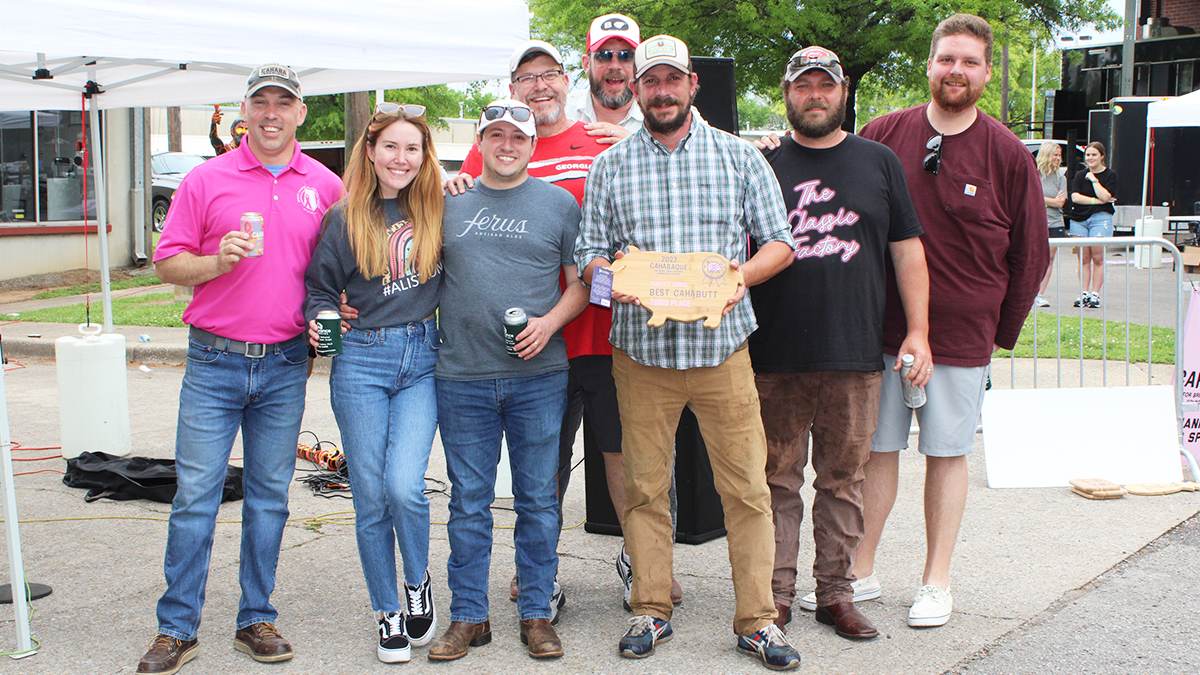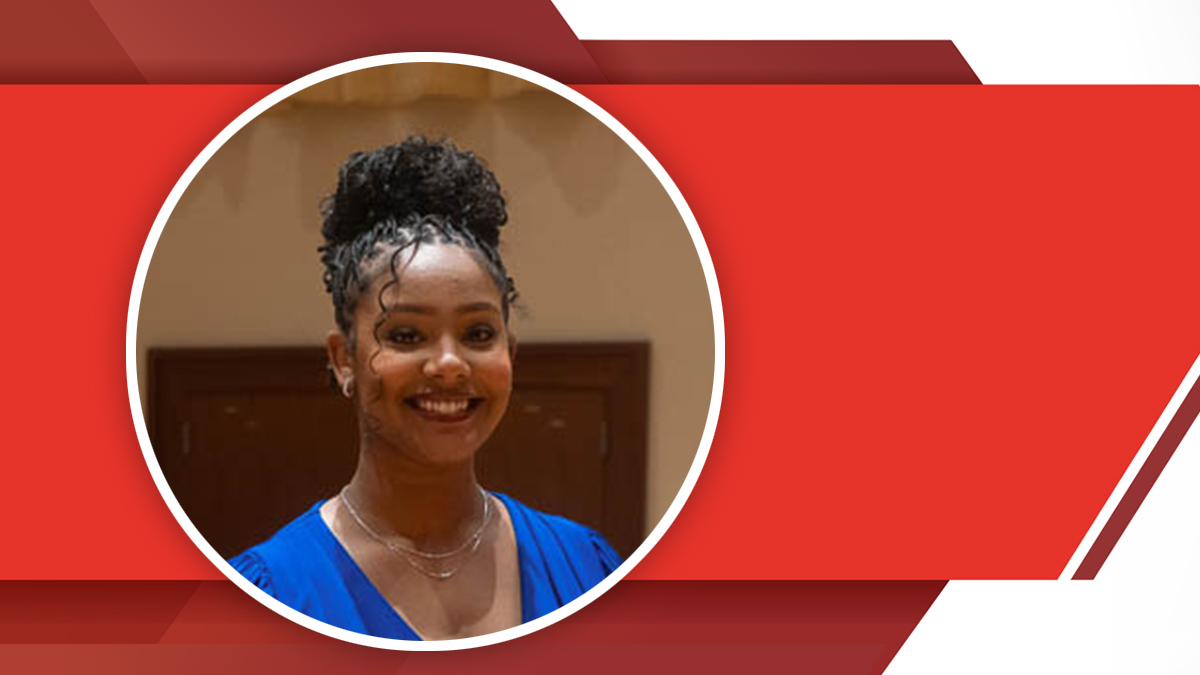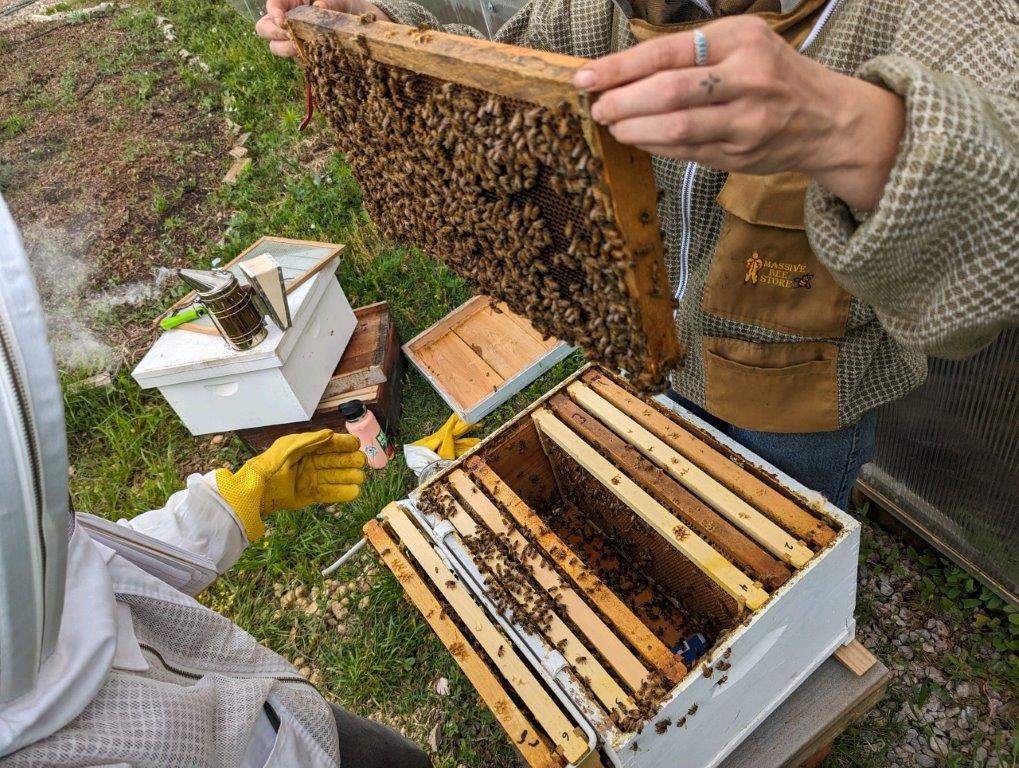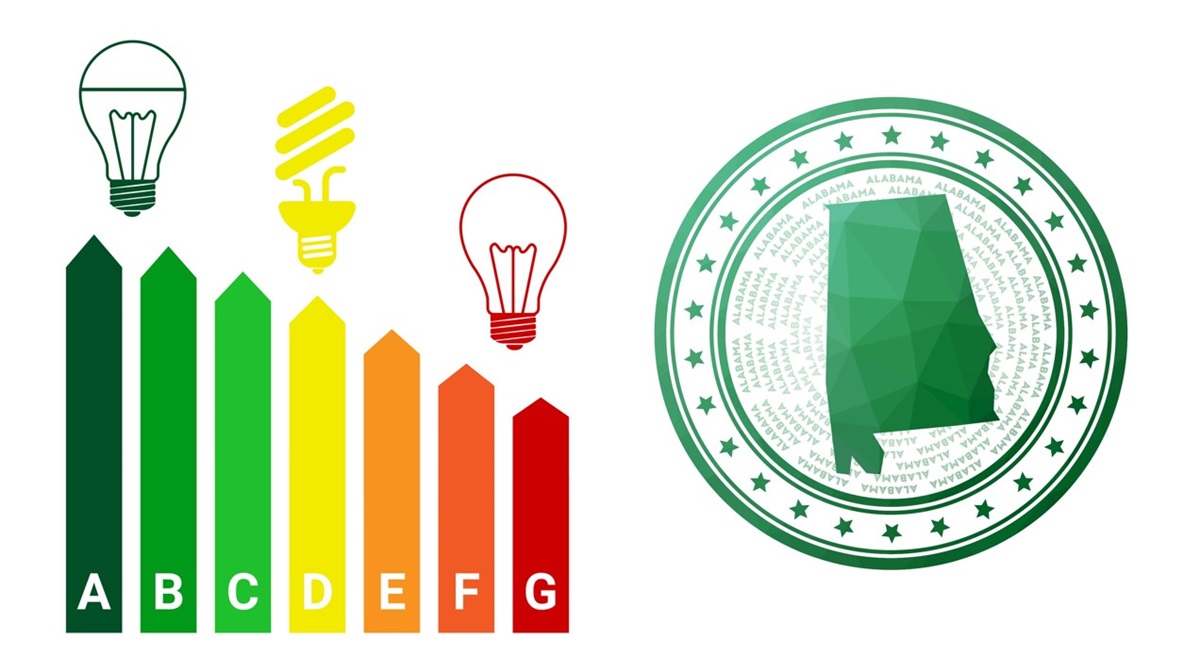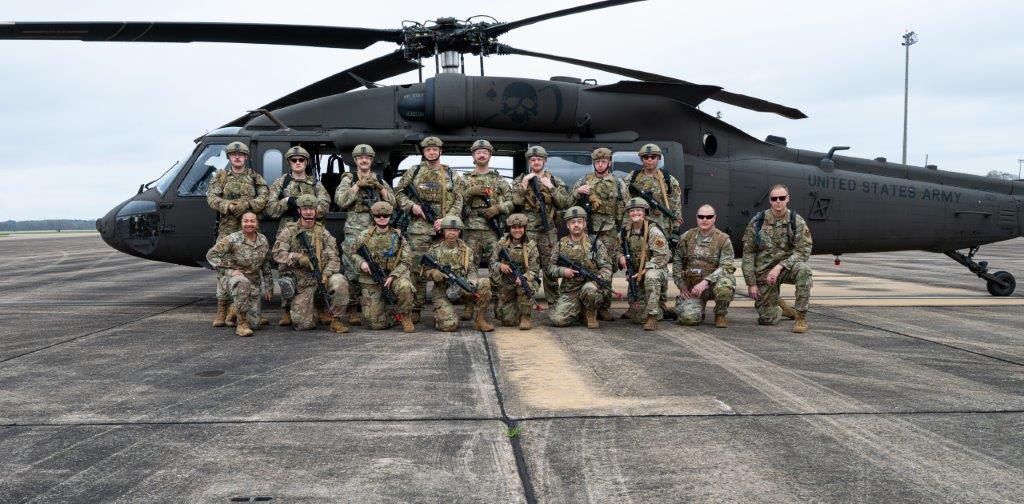UAB: Unless Alabama stops delta’s progression, state on ‘rocket track’ to 13,000 COVID cases a day
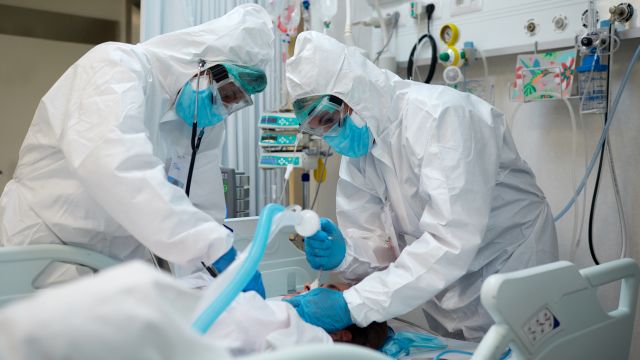
UAB projections show that, if the delta variant continues spreading as it has on its southern path of the state, within two weeks, Alabama could see 13,000 cases of COVID a day. That would translate to somewhere between 7,800 and 8,000 hospitalizations, nearly double what the state experienced last January. UAB strongly urges people to get vaccinated, wear a mask, social distance and wash their hands. (Getty Images)
Eyeing the spread of the delta variant in Baldwin County and the southern area of the state, Dr. Sarah Nafziger said things aren’t looking good in Alabama.
UAB projections show that if the variant continues spreading as it has on its southern path, within two weeks Alabama could see 13,000 cases of COVID-19 a day. That would translate to somewhere between 7,800 and 8,000 hospitalizations, nearly double what the state experienced in January.

Dr. Sarah Nafziger (UAB)
Delta’s rapid spread has the full attention of UAB Hospital and the entire healthcare community.
“I want you to hear me very carefully,” said Nafziger, vice president of UAB Hospital Clinical Services. “We are in a dire circumstance right now. It’s time for people to really take this seriously. The numbers and the outlook do not look good.”
Delta acts differently from the variants seen before. It spreads much more rapidly, as seen in Alabama the past few weeks. Modeling delta’s spread – based on the variant’s swift trek through Mobile County, the U.K. and India – UAB epidemiologist Suzanne Judd’s projections show it may cause a dramatic rise in COVID-19 hospitalizations.
Judd, professor and epidemiologist in the UAB School of Public Health, said present infection rates are much worse than in the past.
“The southern part of the state is really on a rocket track in terms of adding cases,” Judd said. “The delta variant is different. We’re going to accumulate a lot of cases this time because it spreads so rapidly. This is very different from what we experienced last year.”
With delta, people can develop symptoms even if they’ve been vaccinated. Typically, symptoms are mild, but that means vaccinated people can spread this particular version of COVID-19.
“We’ve got to slow the spread of this variant so that we don’t get in a situation where we’ve got 8,000 hospitalizations,” Judd said. “But it is very possible with this variant, if we don’t change our social behaviors.”
Knowing that delta is in the community, Judd said people need to be diligent with their social behavior. For example, schools that follow mask mandates have a 37% reduction in COVID-19 compared to other schools. With the fall start of schools and universities, students will be among others outside their usual social circles. For that reason, Judd expects COVID-19 cases to begin climbing again, even though they’ve seemed to slowly level off the past couple of days. She expects cases in Alabama to peak through mid-September.

Suzanne Judd (UAB)
“We’re seeing what’s going on in southern Alabama, we’re seeing what’s happening in Florida, and to put it in perspective, Florida is on even more of a rocket track than southern Alabama currently,” she said. “So, again, we’re trying to slow that down so it doesn’t happen statewide.”
Statistics confirming the vaccines’ effectiveness are compelling: 91% of COVID-19 patients at UAB didn’t get vaccinated.
Hospitals stateside see COVID-19 ‘tidal wave’
UAB healthcare has felt delta’s vise for some time. In the midst of battling the pandemic, Nafziger said healthcare workers are worried and exhausted.
“What we’re seeing right now in hospitals across the state is an absolute tidal wave, once again, of patients coming to see us who are infected with COVID, who have terrible symptoms of COVID, and are in treatment and hospitalized for COVID,” said Nafziger, a UAB physician for 16 years.
With a finite number of healthcare resources in Alabama, those assets are being directed to the care of COVID-19 patients. Beginning next week, UAB Hospital will only be able to do a little more than half its usual number of surgeries, as it is forced to delay and/or cancel procedures for patients with other important medical needs. That includes surgeries for cancer, heart problems, transplants and many other health issues. The hospital must decline transfer requests for patients from other hospitals, who otherwise would come to UAB for specialty services.
Starting Monday, Aug. 16, regular hospital patients will be limited to one visitor for 12 hours. After 12 hours, visitors can rotate out to allow a new visitor to help care for a loved one. The emergency department will no longer accommodate visitors other than for compassionate care circumstances. The emergency departments are over 100% capacity most mornings and are crowded, Nafziger said.
To limit the spread of the virus, no visitors are allowed for COVID-19 patients except in end-of-life circumstances.
How to stop COVID-19 from spreading in Alabama
Nafziger said University Hospital is not unbreakable, nor is the national healthcare system. Healthcare is a team effort, and UAB struggles with staffing every day. As in other industries, healthcare employees get sick: On the morning of Aug. 12, there were 140-150 UAB employees with active cases of COVID-19.
“I think that a lot of us have always thought that healthcare would always be there for us,” she said. “But we’re rapidly getting into a position where care for services that we take for granted is not going to be available if we don’t turn this thing around.
“Care for trauma, if your teenager gets in a car wreck, I’d like to know that if that happens to my child, I’d like to know that we have trauma surgeons and operating rooms and all the things they need to take care of them available,” Nafziger added. “But rapidly, we’re getting into a position that those things may not be available. It’s time that we take action to turn this thing around.”
The public can do these simple things to turn the situation around:
- Put on a mask when out in public or around other people.
- Get the COVID-19 vaccine, and urge family members and friends to get vaccinated.
- Socially distance.
- Wash your hands.
The vaccines available are the miracle that everyone prayed for when the pandemic began, she said.
“We got that miracle,” Nafziger said. “It’s here. It’s been in the freezer since December … I’m an Alabamian, I was born and raised here, and I’m darned proud of it. I love our state, the people here, I love UAB and I love working here.
“I wouldn’t be telling you these things if I didn’t believe them and didn’t know them to be true,” she said. “We’re going to have to act now. We’ve got to stop this thing, and we can do it. It’s not too late – we can stop this thing right now. If we would all just do our part, love our neighbor and take care of ourselves.”
